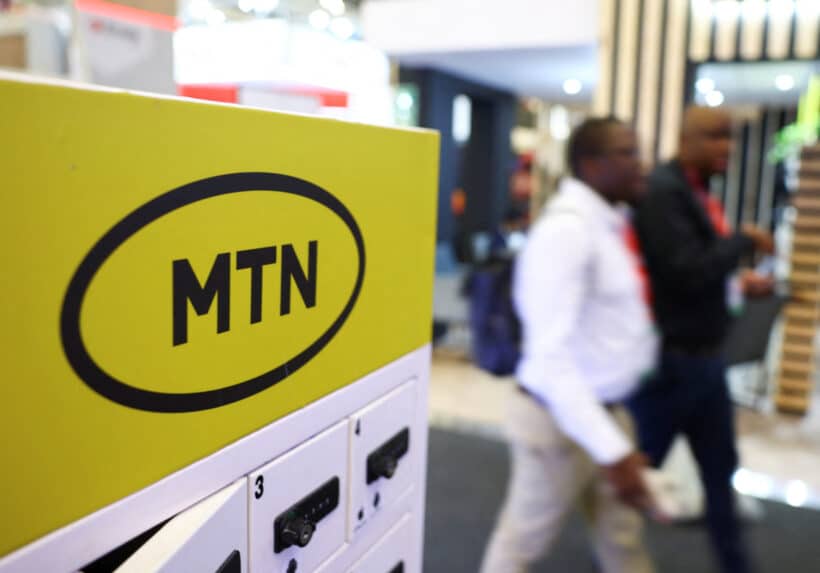
JOHANNESBURG, May 12 (Reuters) – South African mobile network operator MTN Group reported a 33% jump in first-quarter core profit due to strong service revenue growth, lower device cost of sales in its domestic market, and a more stable economic environment.
The jump in group earnings before interest, tax, depreciation and amortisation on a constant-currency basis in the quarter to end March reflects a 5.3 percentage point rise in margin to 44.1%, MTN said, without giving the value of EBITDA.
Group service revenue rose 10.4% overall in the quarter, or by 19.8% in constant currency terms. That was buoyed by 40.4% growth in MTN Nigeria and 39.5% in MTN Ghana.
MTN South Africa continued to face challenges, especially in the prepaid segment, the company said, with service revenue up 2.6%.
Customers “remained value-seeking and dynamic in the context of constrained economic growth and heightened competition in the sector”, the group said.
Its South Africa unit intends to explore collaboration with rival Vodacom on backup energy, the company said.
“This could result in benefits around the… supply of alternative energy in the sector, which is critical to the efficient and reliable operation of network operators,” MTN added.
The Department of Trade and Industry’s Energy Users Block Exemption allows energy users to collaborate in ways that might otherwise be prohibited by the Competition Act. This includes joint procurement of backup or alternative energy and sharing generation capacity.
Group President and CEO Ralph Mupita said the group is also strengthening its partnerships with low-earth orbit (LEO) satellite providers including Elon Musk’s Starlink, Franco-British satellite operator Eutelsat’s OneWeb, AST & Science, and Lynk to expand services to enterprises.
He did not elaborate.
In March, MTN’s South African unit and American LEO satellite provider Lynk Global trialled Africa’s first phone call via satellite, a potential way of providing coverage in underserviced and rural areas.
(Reporting by Nqobile Dludla; Editing by Savio D’Souza and Jan Harvey)

